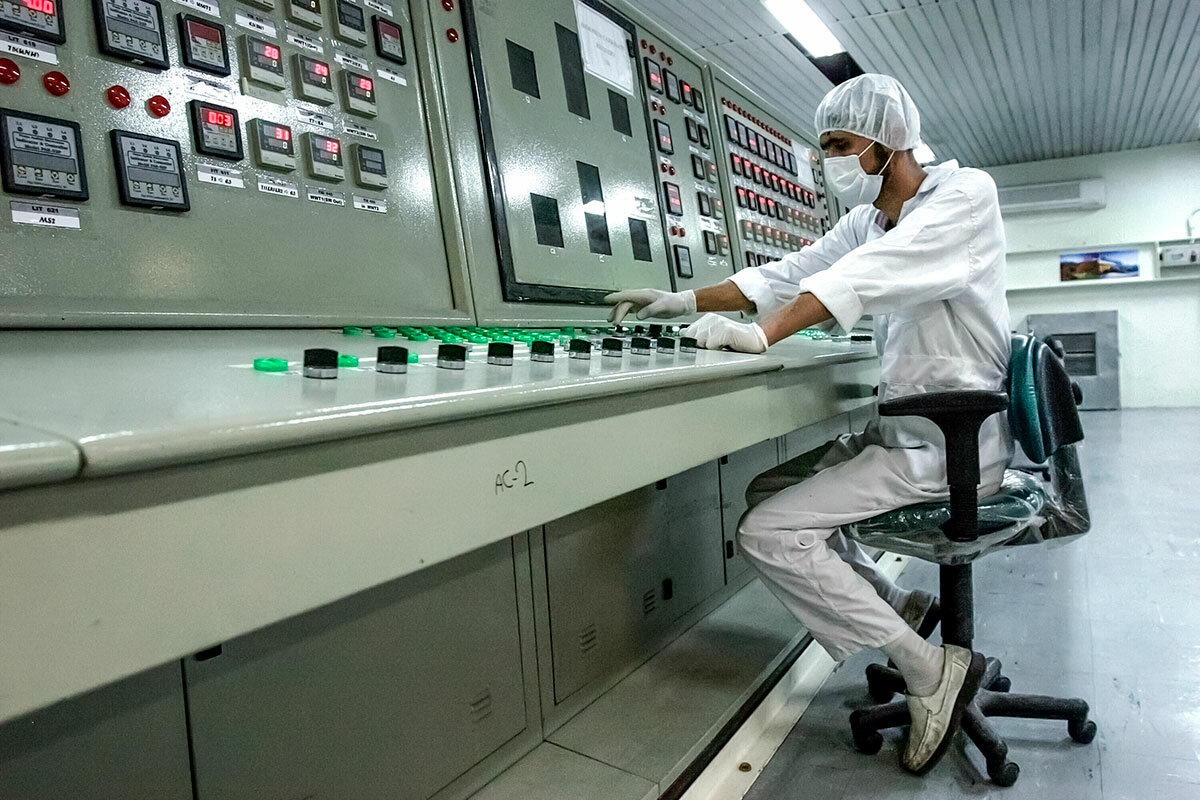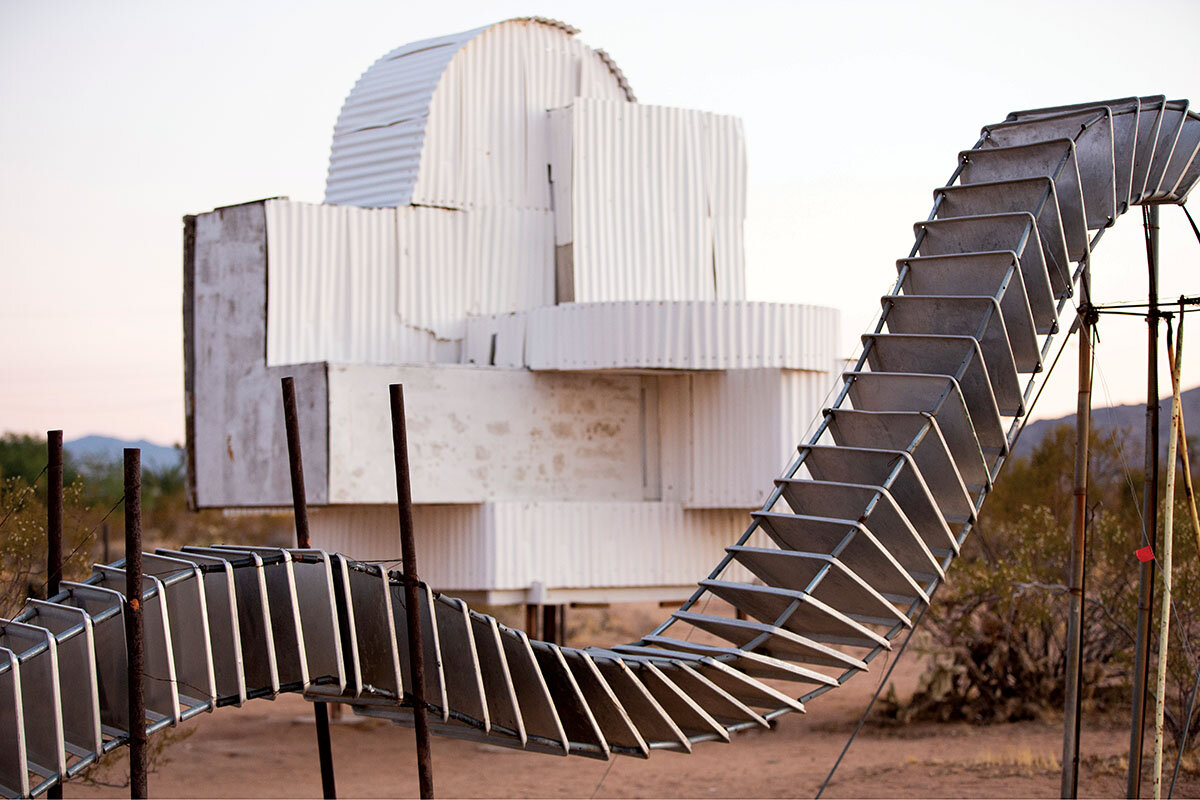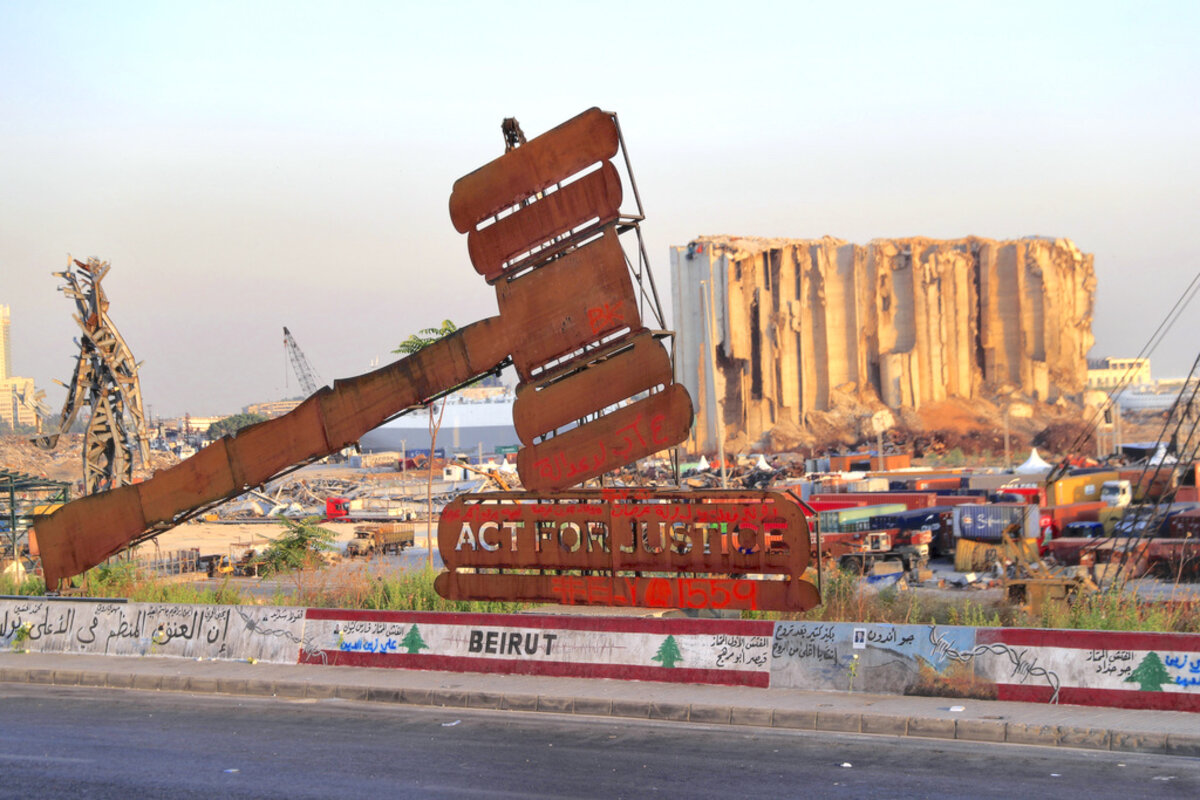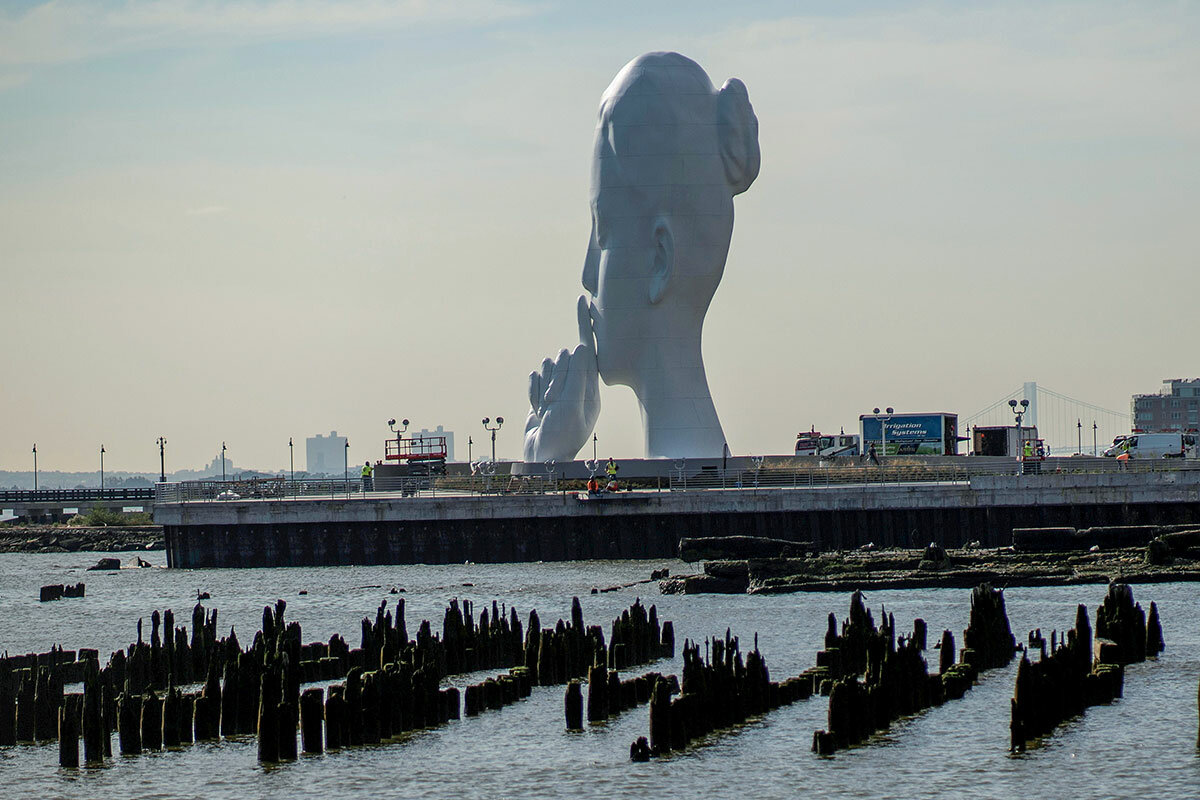Current presidents always become past presidents – which is why they have backed one another on the question of executive privilege. But in the wake of the Jan. 6 riot, President Joe Biden is breaking that norm.
Monitor Daily Podcast
- Follow us:
- Apple Podcasts
- Spotify
- RSS Feed
- Download
 Peter Grier
Peter Grier
Old coal mines. Shuttered auto plants. A decrepit U.S. Navy yard.
Promising sites for landscape architecture? They don’t sound like it. But one pioneering designer takes such rough grounds and transforms them into beautiful places that honor what happened there, using reclaimed materials, grasses and trees, and imagination.
Her name is Julie Bargmann, and she’s a professor at the University of Virginia and founder of the design studio D.I.R.T., an acronym that stands for Dump It Right There. This week she won the Cornelia Hahn Oberlander International Landscape Architecture Prize, a new award intended to boost visibility for the discipline.
As a child, crammed into the family station wagon, Professor Bargmann was fascinated by the refineries and other industrial sites on the New Jersey Turnpike.
As an adult, she’s used a passive treatment system to turn a toxic area in a Pennsylvania mining town into public art space. She convinced Ford to use plants that clean contaminated soil in disused areas of the automaker’s River Rouge Complex near Detroit.
She planted cherry trees in reclaimed rubble at the shuttered Philadelphia Navy Yard, helping transform it into retailer Urban Outfitters’ headquarters.
“I have been called the ‘toxic avenger,’ and I’m like, really, do I want to strap on that cape? And in a lot of ways I do, not to save people but to engage them in such a way that they can be agents of change for the landscape,” said Ms. Bargmann in a video released to coincide with the prize announcement.









